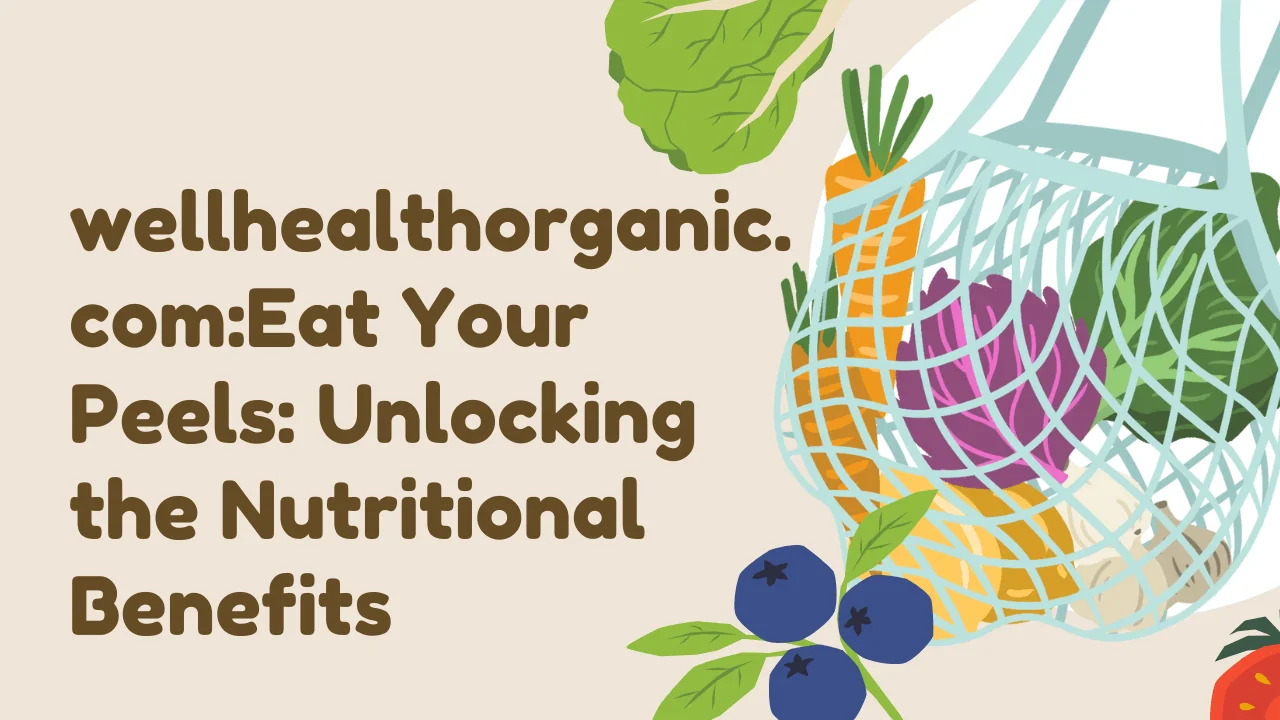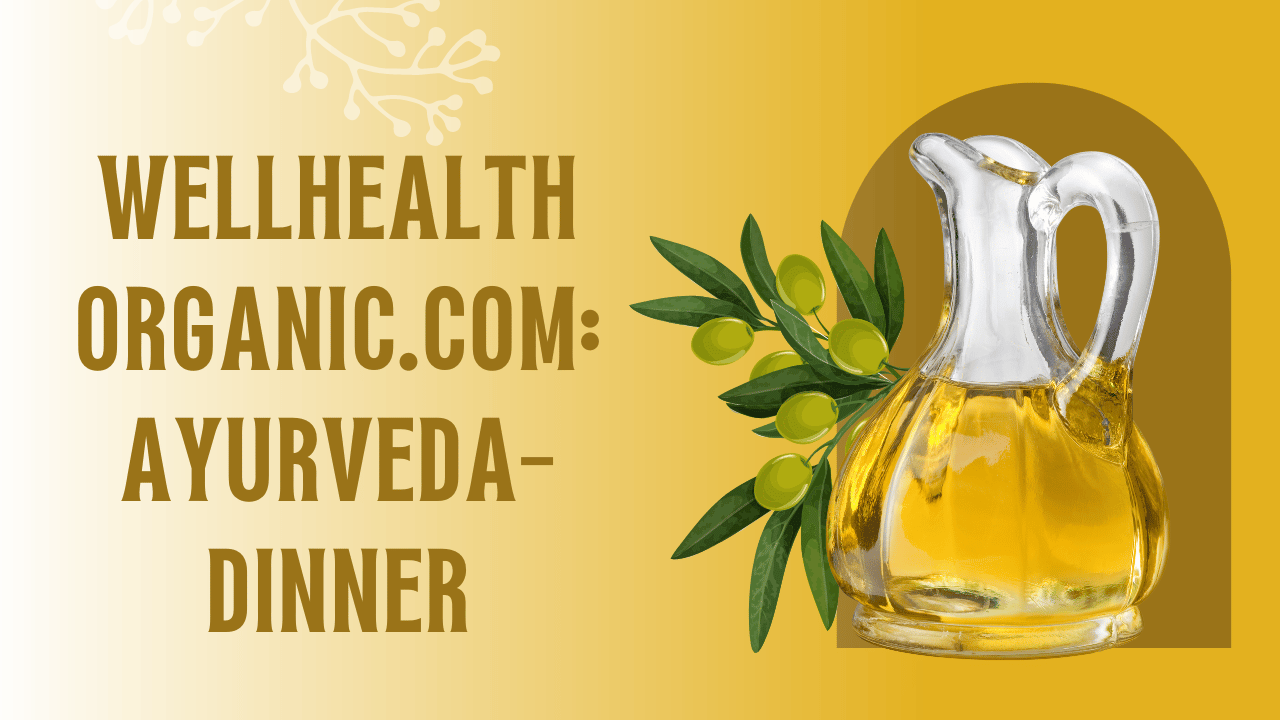In the realm of nutrition, where every morsel counts towards a healthier you, the focus often zooms in on what’s inside fruits and vegetables, overlooking a treasure trove hiding in plain sight—the peels. Nutritional Benefits of Eating Peels are gaining traction, backed by scientific evidence that underscores their rich reservoir of essential vitamins, minerals, and antioxidants. WellHealthOrganic.com champions this holistic approach, urging individuals to embrace peel consumption for optimal health and sustainability.
Peel Nutrition Facts
Within the vibrant hues and rough textures of fruit and vegetable peels lies a bounty of nutrients waiting to be unleashed. Contrary to popular belief, peels aren’t just protective layers but nature’s ingenious packaging, brimming with health-promoting compounds. Citrus peels, for instance, pack a hefty punch of vitamin C, fiber, and antioxidants, surpassing the nutritional content found in the juicy flesh. Similarly, apple peels boast significant levels of quercetin, a powerful antioxidant linked to reduced inflammation and enhanced cardiovascular health. Embracing peel consumption isn’t just about minimizing food waste; it’s about maximizing nutritional intake, one bite at a time.
Health Benefits of Consuming Fruit Peels
The benefits of incorporating fruit peels into your diet extend far beyond just meeting your daily nutrient quota. By consuming peels, you’re harnessing nature’s wisdom, tapping into a spectrum of health-enhancing properties that nurture your body from the inside out. The fiber-rich composition of fruit peels promotes digestive health, regulating bowel movements and fostering a healthy gut microbiome. Additionally, the antioxidants found in peels combat oxidative stress, shielding your cells from damage and bolstering your body’s defense mechanisms. With each bite of peel, you’re not just savoring flavor; you’re fortifying your health, one micronutrient at a time.
Importance of Eating Vegetable Peels
When it comes to vegetable peels, the adage “waste not, want not” couldn’t be more apt. These oft-discarded outer layers harbor a treasure trove of essential nutrients vital for overall well-being. From potatoes to carrots, broccoli to cucumbers, vegetable peels are rich reservoirs of vitamins, minerals, and dietary fiber. By incorporating vegetable peels into your culinary repertoire, you’re not only elevating the nutritional profile of your meals but also minimizing food waste—a win-win for both your health and the planet. Whether roasted to crispy perfection or blended into hearty soups, vegetable peels offer a versatile and nutritious addition to any diet.
Peel-Based Nutrition
In an era plagued by food waste and environmental degradation, peel-based nutrition emerges as a beacon of sustainability and resourcefulness. By harnessing the nutritional potential of peels, individuals can play a pivotal role in reducing food waste while maximizing their own health benefits. Whether through innovative recipes, such as fruit peel chips or vegetable peel crisps, or simple strategies like composting, peel-based nutrition offers a multifaceted approach to holistic wellness. By embracing peel consumption, individuals can not only nourish their bodies but also contribute to a more sustainable and resilient food system for generations to come.
FAQs
How to Eat Fruit Peels?
Fruit peels can be consumed raw, cooked, or incorporated into various recipes such as smoothies, salads, and baked goods. Ensure thorough washing to remove any pesticide residue before consumption.
Are Fruit Peels Good for You?
Absolutely! Fruit peels are packed with vitamins, minerals, and antioxidants that offer a myriad of health benefits, from supporting immune function to promoting heart health.
Can You Eat Apple Peels?
Yes, apple peels are not only edible but also nutritious, containing significant levels of antioxidants like quercetin, which contribute to their vibrant color and health-promoting properties.
Do Vegetable Peels Contain Vitamins?
Indeed, vegetable peels are rich sources of essential vitamins, including vitamin C, vitamin A, and various B vitamins, along with dietary fiber and other micronutrients.
Are There Any Risks to Eating Fruit and Vegetable Peels?
While consuming fruit and vegetable peels is generally safe, it’s essential to wash them thoroughly to remove any contaminants or pesticide residue. Additionally, individuals with sensitivities or allergies should exercise caution and consult with a healthcare professional if unsure.
Also Read: wellhealthorganic.com:Ayurveda-Dinner
Conclusion
In a world where every choice we make impacts both our health and the environment, peel consumption emerges as a simple yet powerful way to nourish both body and planet. By embracing the nutritional benefits of fruit and vegetable peels, individuals can unlock a wealth of vitamins, minerals, and antioxidants crucial for optimal health and well-being. WellHealthOrganic.com advocates for this holistic approach, empowering individuals to make informed choices that not only benefit their own health but also contribute to a more sustainable and resilient food system. So, the next time you reach for that apple or slice into a citrus fruit, remember to savor not just the flesh but the peel—the nutrient-rich package that nature intended for you to enjoy.










